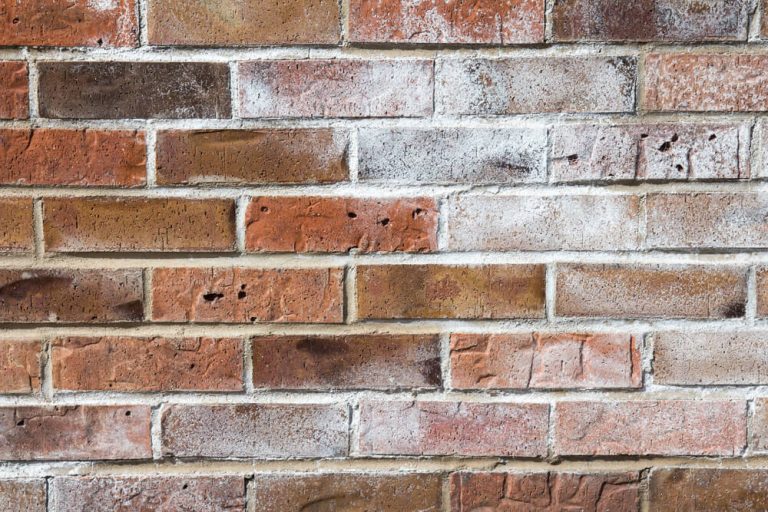After a while, your beautiful red brick walls start getting white stains on the edges till it fully covers your bricks. The white pigment (efflorescence) results from salt residues settling on the brick walls. And even if they do not damage the block, it destroys its beautiful aesthetics. The good part is that the white stains can be undone and prevented for long-lasting use.
How to Prevent White Stains
White stains are caused by salt in the bricks and the flow of water that dissolves the salt. So to prevent it, you have to limit the flow of water or limit the salt in bricks.
Create systems to prevent the flow of water through the brick
Make landscape plans that ensure water does not pass or touch the brick.
Also, install drainage systems away from the walls to prevent salt and water absorption from the soil. Tuckpointing Sydney can help install systems that will keep water away from your brick walls.
Use walls with insoluble salts
If you wish to reconstruct your walls, use bricks made with water-insoluble salts. Most modern bricks have compounds that make the salts in them water-insoluble.
Use sealants
If you have already built your brick walls and you do not want to reconstruct them, you can use sealants to prevent water from reaching the walls. A hydrophobic sealer protects the walls from water, making it impossible for the water to dissolve the salts in the bricks, and keeps appliances safe too.
How to Clean White Stains on Brick walls
Scrub with a Stiff Brush
Since water is the primary transport of efflorescent salt, it is best to avoid its use on the block. So, in the early stages of the deposit, you can clean the block by scrubbing hard with a stiff brush.
Scrub with A Brush, Water, and Detergent.
If the deposits are already becoming hard, it is best to moisten them to make them easier to scrub off. So get your mild detergents ( use of mild detergent is to prevent more salt deposit on the bricks after cleaning), water, and a stiff brush)
Spray the water on the walls and add the detergent. Scrub the walls while still wet, and rinse off the detergent when you are done. If you still notice deposits on the wall, you might need to scrub again or use a stronger detergent.
For outdoor wall cleaning, ensure you do it at an average temperature. The soap might freeze to the walls at freezing temperature and not wash off, causing more harm.
And if the water does not dry off quickly, it might cause deposits on the wall soon after scrubbing it off.
Clean with Muriatic acid and water
Muriatic acid can dissolve thick deposits of efflorescence. Instead of scrubbing hard on the walls, make it easier to come off by adding muriatic acid.
Spray water on the walls so that the muriatic acid will penetrate easily. Add the acid to the wall with a brush. Wait for a while so that the mixture can work wonders.
Rinse the mixture off with plain water like you mix hot water and cold water.
Safety measures
- Pour the acid into the water, not the other way round.
- Put on safety wears like rubber gloves, goggles, and a respirator.

